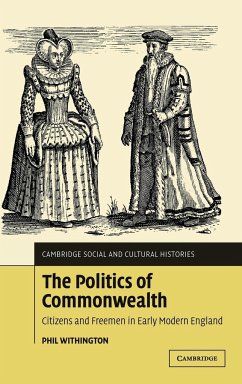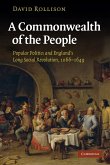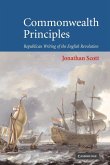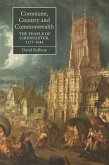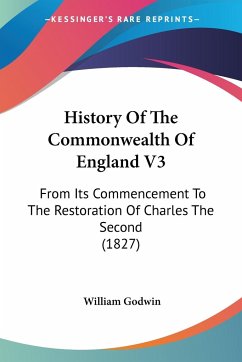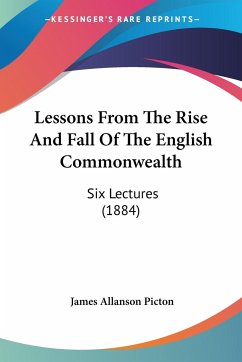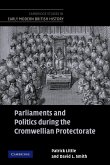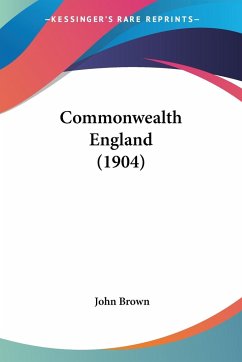Short description/annotation
This study examines what it meant to be a freeman and citizen in early modern England.
Main description
The Politics of Commonwealth offers a major reinterpretation of urban political culture in early modern England. Examining what it meant to be a freeman and citizen during the sixteenth and seventeenth centuries, it also shows the increasingly pivotal place of cities and boroughs within the national polity. It considers the beliefs and practices that constituted urban citizenship as well as its impact on the economic, patriarchal, and religious life of towns and the larger commonwealth. The author recovers the language and concepts used at the time, whether by eminent citizens like Andrew Marvell or more humble merchants and artisans. Unprecedented in terms of the range of its sources and freshness of its approach, the book reveals a dimension of early modern culture that has major implications for how we understand the English State, economy, and public sphere; the political upheavals of the mid-seventeenth century; and popular political participation more generally.
Table of contents:
Part I. Introductions: 1. Urbanisation and political culture in early modern England; 2. The formation of the English corporate system; Part II. Cultural Resources: Ideology, Place, Company: 3. Citizens and subjects; 4. Placing the city commonwealth; 5. Civic conversations; Part III. Honest Distinctions: Economy, Patriarchy, Religion: 6. The economy of freedom; 7. The patriarchal commonwealth; 8. Calvinism, citizenship, and the English Revolution; Conclusion.
Hinweis: Dieser Artikel kann nur an eine deutsche Lieferadresse ausgeliefert werden.
This study examines what it meant to be a freeman and citizen in early modern England.
Main description
The Politics of Commonwealth offers a major reinterpretation of urban political culture in early modern England. Examining what it meant to be a freeman and citizen during the sixteenth and seventeenth centuries, it also shows the increasingly pivotal place of cities and boroughs within the national polity. It considers the beliefs and practices that constituted urban citizenship as well as its impact on the economic, patriarchal, and religious life of towns and the larger commonwealth. The author recovers the language and concepts used at the time, whether by eminent citizens like Andrew Marvell or more humble merchants and artisans. Unprecedented in terms of the range of its sources and freshness of its approach, the book reveals a dimension of early modern culture that has major implications for how we understand the English State, economy, and public sphere; the political upheavals of the mid-seventeenth century; and popular political participation more generally.
Table of contents:
Part I. Introductions: 1. Urbanisation and political culture in early modern England; 2. The formation of the English corporate system; Part II. Cultural Resources: Ideology, Place, Company: 3. Citizens and subjects; 4. Placing the city commonwealth; 5. Civic conversations; Part III. Honest Distinctions: Economy, Patriarchy, Religion: 6. The economy of freedom; 7. The patriarchal commonwealth; 8. Calvinism, citizenship, and the English Revolution; Conclusion.
Hinweis: Dieser Artikel kann nur an eine deutsche Lieferadresse ausgeliefert werden.

